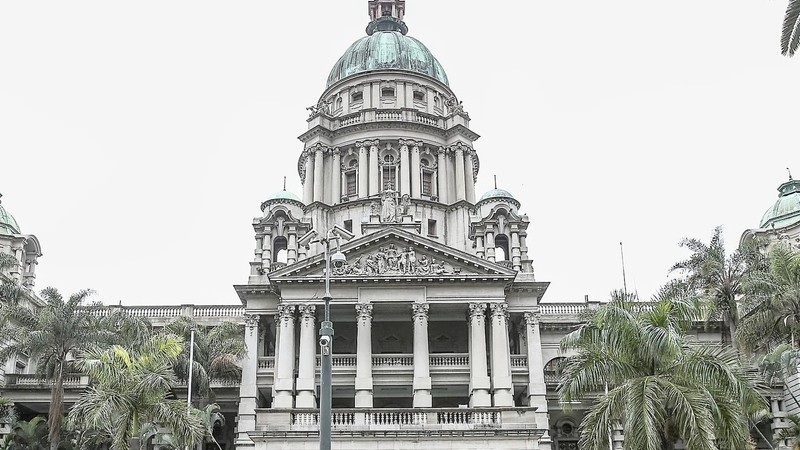THE amount of money the eThekwini Municipality has on hand to continue functioning in the event of a financial emergency has raised concerns among city councillors, who believe it is too “little” and could lead to failure to deliver services.
Councillors are calling on the municipality to aggressively collect on outstanding debts to ensure it has enough cash available to maintain operations in case of a financial calamity when it might be unable to collect revenue.
They said having considerable cash on hand was critically important in light of a double-digit tariff increase that could come into effect in July. They expressed fears that the tariff hikes could lead to more people failing to pay for services. The municipality is owed close to R35 billion by households, businesses, and government departments.
Councillors expressed extreme concern about the municipality’s cash coverage over the last few months, which they say has been low. They said in February, cash coverage was less than a month, but it has since improved to around 38 days.
A local government expert, who didn’t want to be named, said the National Treasury’s benchmark for cash coverage should be between 30 and 90 days. For instance, if there were a national shut-down and no one paid anything, the question would be how long the municipality could continue its operations.
A report on the finances of the municipality tabled before the finance committee on Friday detailed the matter of cash coverage, revealing that the municipality has just 38 days of cash coverage compared to the norm of one to three months.
“This ratio indicates whether the municipality has enough cash coverage to meet its monthly fixed operational costs, with the norm being one to three months. The municipality has reported a ratio of 38 days, excluding unspent grants, and 43 days, including unspent conditional grants,” the report said.
ActionSA leader in eThekwini Zwakele Mncwango remarked that the situation is better than it was in February when cash coverage was less than a month. He emphasised that a large municipality like eThekwini should ideally have at least two months’ cash coverage.
“The chief financial officer informed us that part of the reason for the low cash coverage is that more money is paid out in months like December, while rate-payers tend not to pay during that time.”
However, Mncwango expressed scepticism about this explanation, stating, “You cannot have a situation where someone owes the city a million rand and the city continues to provide them with services,” he said.
DA councillor Mxolisi Khubisa also expressed concern over the cash coverage, warning that the city is at risk of failing to meet its debt obligations.
“In the last finance committee meeting, we noted a concern in the Section 71 report/budget that was presented, indicating an increase in the cash coverage ratio.
“The municipality’s cash coverage ratio has been a concern over the last two months. The municipality needs to apply its policies correctly to yield favourable results in relation to collections,” he said.
“Another aspect to consider is that if the municipality fails to meet its debt obligations, its overall financial health – particularly in the short term – will be severely affected. This could lead to financial instability and potential service delivery failures. Such issues may include delayed payments to suppliers, increased borrowing costs, and a decline in the municipality’s credit rating,” he said.
Mluleki Mntungwa, mayoral spokesperson, said: “We are still within the Treasury norm and we are continuously monitoring our spending. Considering that there are some grants that are still going to be allocated, the cash coverage is expected to remain within the National Treasury norm.”
THE MERCURY
